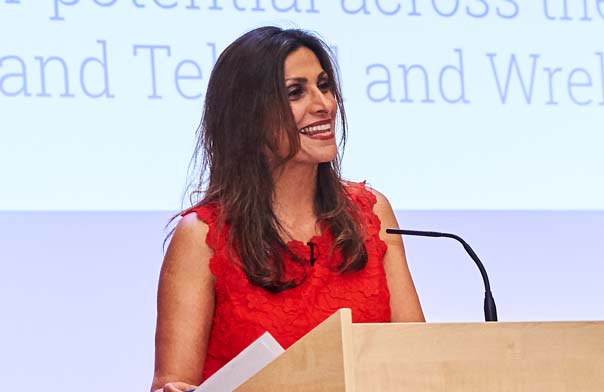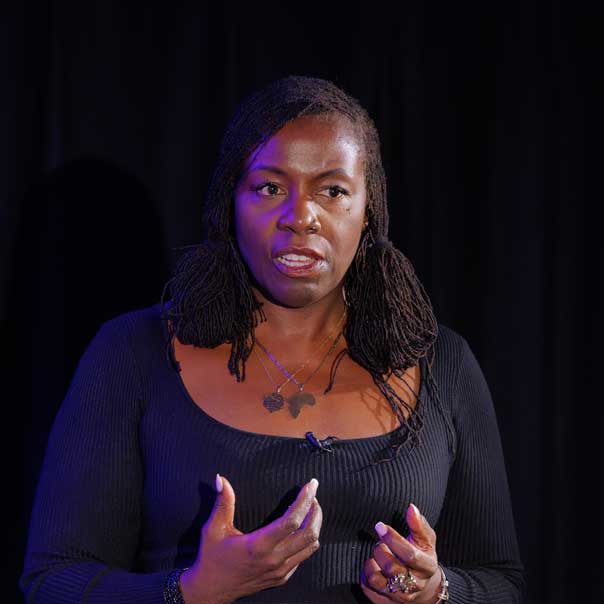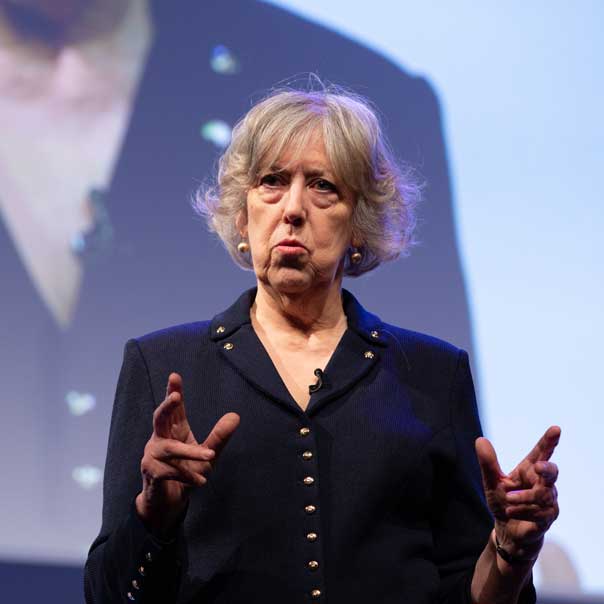JLA Presents


Speakers Breakfast
Understanding AI Now
SpeakersPriya Lakhani, Anne-Marie Imafidon, and Neil Lawrence
Please join us at 87 Barts Close at 08:30am on Tuesday 30th April for our next speaker’s breakfast event. Following our sell-out event for IWD back in February, we will be joined by three fantastic speakers for an exploration of the uses, myths and concerns surrounding AI.
Location
87 Barts Close, 87 Bartholomew Close, London, EC1A 7EB


Speakers Breakfast
Looking Ahead to International Women’s Day
SpeakersSamira Ahmed, Eniola Aluko, Julia Gillard, and Alex Mahon
We were joined by four fantastic speakers to look ahead at International Women’s Day. With the theme of this year’s event being #InspireInclusion, we were lucky enough to hear from four women who have each blazed a trail in their respective fields: CEO of Channel 4, Alex Mahon; the former Australian Prime Minister and Chair of Kings’ Global Institute of Women’s Leadership, Julia Gillard; one of the leading voices in football, Eniola Aluko MBE; and broadcaster and journalist, Samira Ahmed.
Location
Bishopsgate Institute, London
Exclusive Speakers
Latest Client Feedback


Ellis WatsonThe session was a huge hit with the audience and Ellis was absolutely on point for what...- Stagecoach


Tom AllenHi - sorry to pester ! You couldn’t tell me where Tom Allen got the shirt / tie / hankie...- Ballater Gallery


Claer BarrettThank you for arranging for Claer to speak at our conference, she was very well received...- Community Housing Cymru


Glenn CatleyGlenn was a guest speaker at our annual end of year conference. We were looking for a...- Energi People
Ideas


Conference Facilitators for 2024
Finding the right facilitator for your conference can make all the difference. The best conference facilitators really do their research, get to grips with your industry, ask the right questions, ensure your… Read More


Technology and Society Speakers
Long before I started at JLA, I studied Law. I wrote my dissertation on online regulation, with a focus on the balance between freedom of information and speech and digital safety. Digital… Read More

















.jpg)



